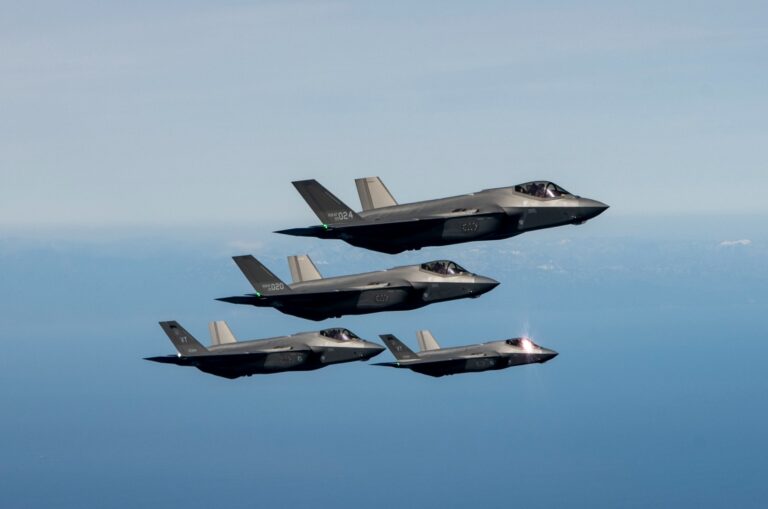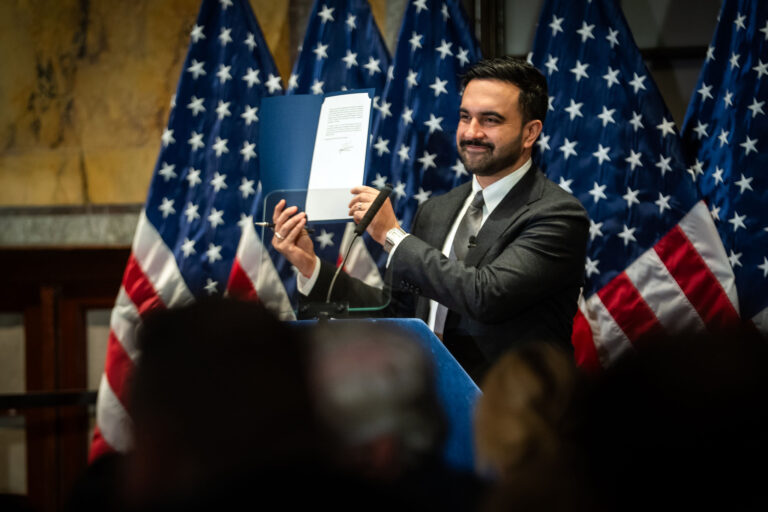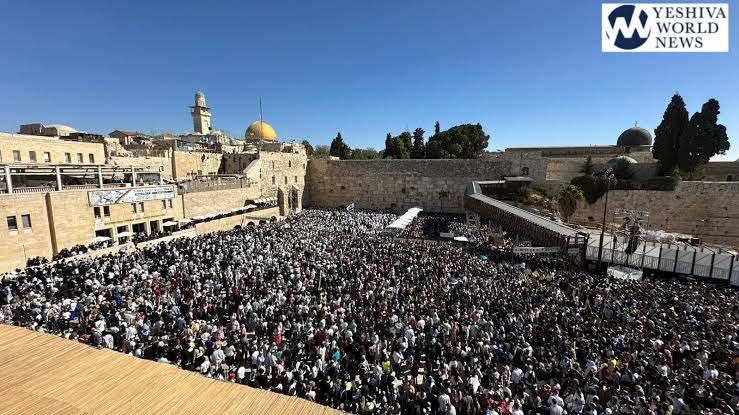By Rabbi Yair Hoffman for 5tjt.com
Guess What Didn’t Happen Between 1954 and 1974? Well, if you haven’t guessed it yet, here is another hint: It happens, approximately, once every 9 years.
Hint #2. It can occur as frequently as every 3 years and as infrequently as every 20 years.
Last Hint: Aside from this year – 2021, it will next happen in four years – 2025 and then we skip another 20 years until 2045. Then 2048, 2052, another 20 years until 2072, 2075, 2079, and then another 20 years until 2099
Answer: Erev Pesach falling on Shabbos, of course. When this happens, things can get a little complicated. What follows are three sections:
- Section I is an Introduction and Background
- Section II is the prep-work that needs to be done on Friday (Hint: Maybe start Thursday)
- Section III is the halachos that deal with what we do about the Bedikah specifically. If you wish to cut straight to the prep work and the halachos – you can skip the introduction and background, which is why it is indented.
INTRODUCTION
THE FOUR OPINIONS OF THE TANNAIM
Perhaps it is because of the infrequency of it all that there is a four-way debate among the Tannaim as to what to do when Erev Pesach falls on Shabbos. We Pasken like Rabbi Elazar Ben Yehudah of Bartusa (Psachim 13a), and not like the other three – Rabbi Meir, the Chachomim, or Rabbi Elazar Ben Tzaddok. We also Pasken like the Rambam’s understanding of Rabbi Elazar Ben Yehudah – even though there are at least five other views in the Rushonim.
WHO WAS RABBI ELAZAR BEN YEHUDAH AND WHERE IS BARTUSA?
What do we know about Rabbi Elazar Ben Yehudah? We know that he was a friend of Rabbi Akiva, that he was a student of Rabbi Yehoshua, and that he used to give almost all of his money to the Gabbaim of Tzedakah – if it was a worthy cause. Where was Bartusa? No one really knows, actually. Chanoch Albeck conjectures in his commentary to the Mishna (Avos 3:7) that it was in the Galil, but there is no evidence pointing to this.
THE PREPWORK
- You are not allowed to prepare on Shabbos for Yom Tov – even if it is not an actual malacha. (See SA OC 513:1 and MB).
- You should rather make as many preparations as you can on Friday and not delay things to do the prepwork on Motzai Shabbos – the night of the Seder – for a number of reasons, among which are Zrizim Makdimim l’Mitzvos and so that the children will be up to participating.
- The 10 things that must be prepared on Friday are:
- Debug the karpas vegetable (celery often has bugs) in sufficient amounts for everyone coming to the two sedarim.
- A zroah for the seder plate
- A roasted egg for the seder plate
- Checking enough Marror lettuce to make sure that they are entirely bug-free. Make sure that you have enough for everyone coming to the Seder for two nights-worth. If real horseradish is used, the custom is to grind it so that the bitterness will dissipate a bit. This is done on Friday and covered. [The Vilna Gaon ate it straight.
- The Charoses should be done on Friday – enough for both nights.
- The salt water should be done on Friday
- The Seder plate should be prepared and refrigerated on Friday.
- The wine bottles should be opened and properly sealed or hidden if there are nochrim around.
- The Hagadahs should be at the home where the Seder will take place.
- People should be warned not to say on Shabbos: “I am going to sleep so that I will be rested for the Seder.” It is recommended, however, that they do rest.
- The Karpas vegetable represents the tears that Klal Yisroel shed during their slavery in Mitzrayim. If he did not check the karpas on Friday, he should do so Motzaei Shabbos in a way that Borair is not violated – i.e. take some leaf off. Vinegar or salt water may not be used because that kills the thrips.
- A Zroah, which commemorate the Korban Pesach, should be roasted before Shabbos. Remember, we do not eat roasted meat on Pesach night, so if one has forgotten to roast it before Shabbos and one did not eat it on the first day of Pesach – then one may have violated the prohibition of only prepping for food that will be consumed on Yom Tov.
- If he forgot to do so on Shabbos, he should do so Motzei Shabbos and eat it for the first Yom Tov day meal. He should do the second Zroah on the second night and eat it on the day of the second day of Yom Tov.
- If he did not roast the egg on Friday, he should do so Motzai Shabbos and eat it some time during the first evening or day. The second night he should roast one again and eat it either in the night or the day.
- If he did not check the maror on Friday, he should do so Motzaei Shabbos in a way that Borair is not violated – i.e. take some leaf off. Vinegar or salt water may not be used because that kills the thrips.
- If he did not grind the charoses on Friday, he should do so on Motzai Shabbos with a shinui – differently.
- If the saltwater was not prepared on Friday, there is a debate whether a shinui is required when doing so on Motzai Shabbos.
- If one does not have enough Haggados at the place where the Seder will be held – it is permitted to take during the day time if one will use it on Shabbos.
THE BEDIKAH HALACHOS FOR WHEN EREV PESACH FALLS ON SHABBOS
- The Bedikah is done on the night of the 13th of Nissan during such a year – not on the 14th. It is done immediately after Tzeis HaKochavim on Thursday night – because there is still some light and that is when Chazal enacted the time for the Bedikah.
- One is not permitted to begin any possibly engaging activity within a half hour before the bedikah – lest he become engaged in it and forget to search for chometz. Prior to this time, it is permitted and one can continue until it is time to search for Chometz.
- Once the time for the Bedikah has arrived – he must stop everything and begin the Bedikah immediately.
- As far as learning goes, there is a debate as to whether it is permitted to learn during the ½ hour before the time of the Bedikah. If, however, a guard or shomer is appointed to remind him, it is permitted according to all views – provided that he stop at the time of the Bedikah. All this is unless it is a form of learning called, “pilpul” – which is overwhelmingly engaging.
- One may not sit down to eat within a half hour of the time of the bedika, but tasting is permitted.
- When one makes the Bedikah on Thursday night the 13th, he does not do a bitul Chometz on the next day. This is because he must eat what he has for Shabbos. If he failed to perform the Bedikah on Thursday night, he does so in the daytime with a bracha and a candle. All the prohibitions that apply at night – apply in the daytime as well. If he did not do it during the day, he does so on the night of Shabbos – but without a candle. A bracha is not recited, even though some hold that one does recite a blessing.
The author can be reached at [email protected]











